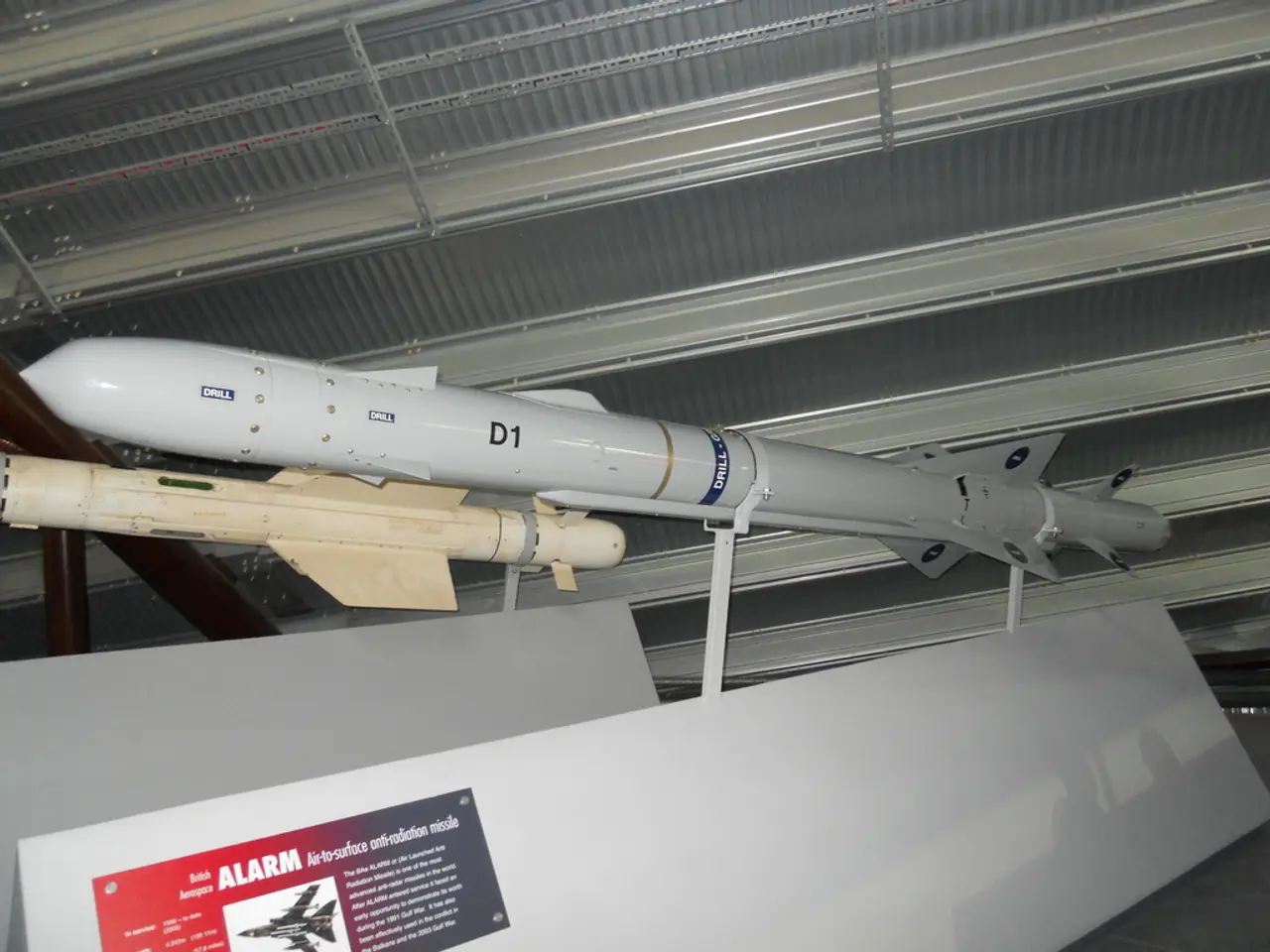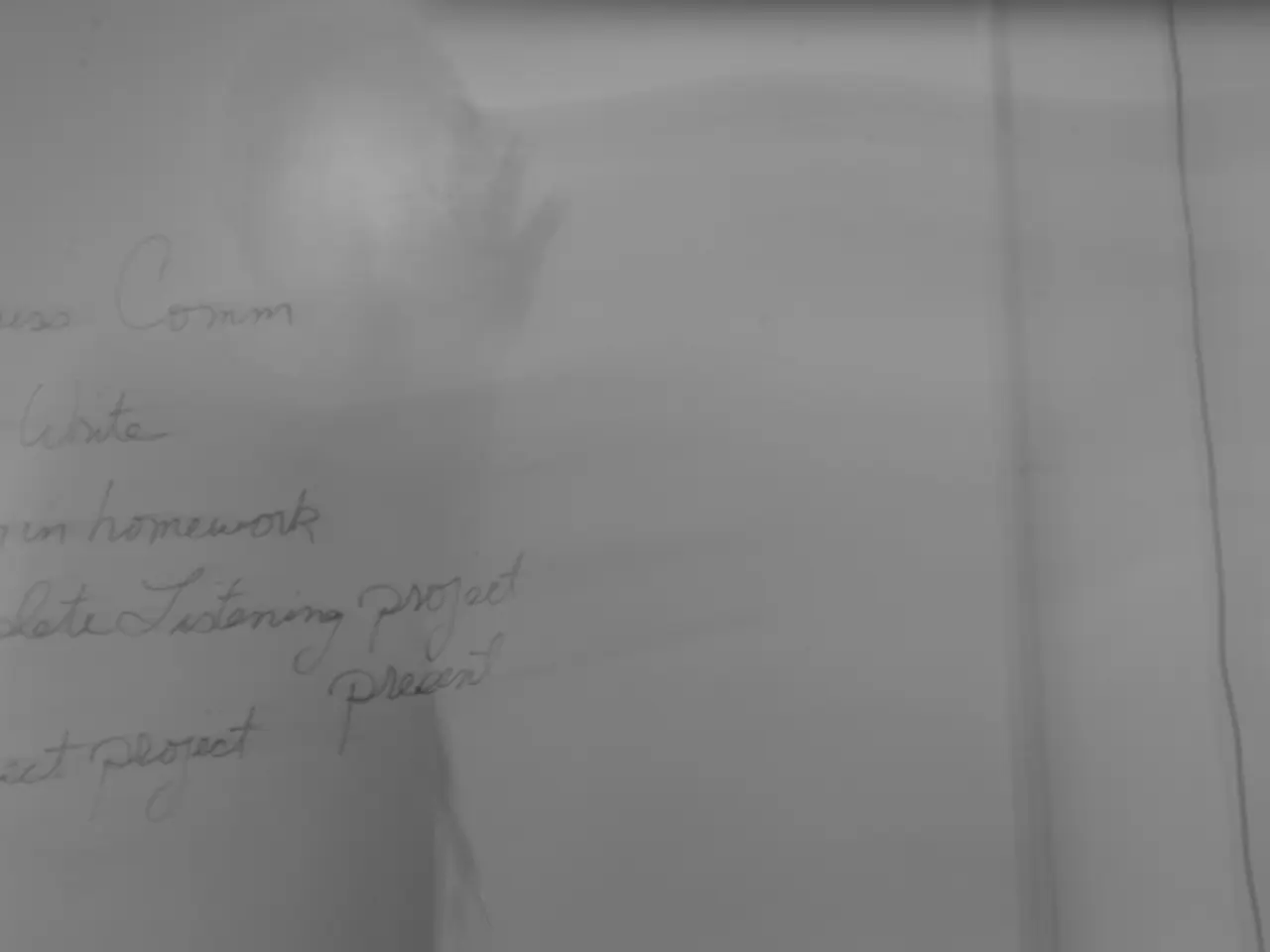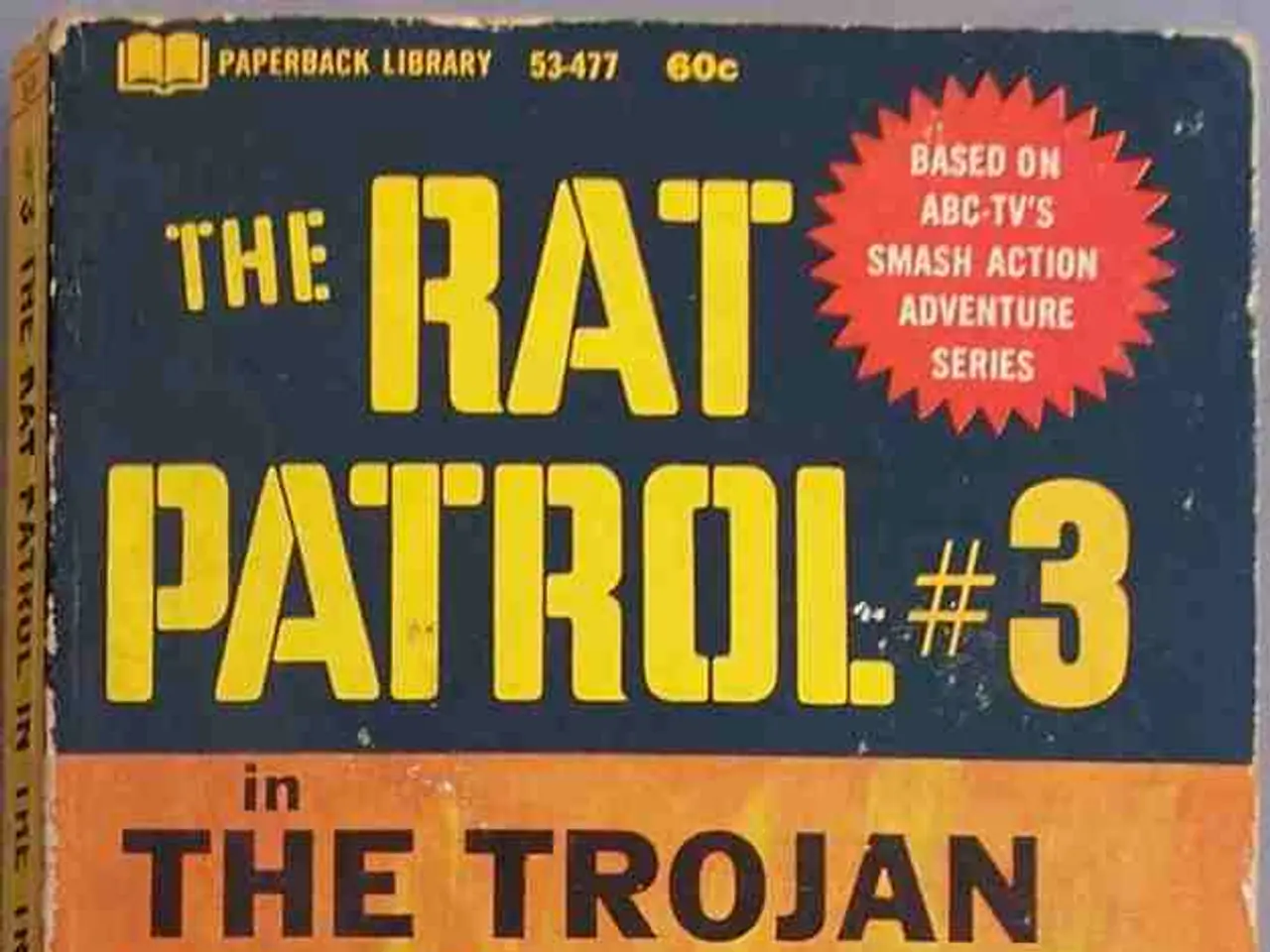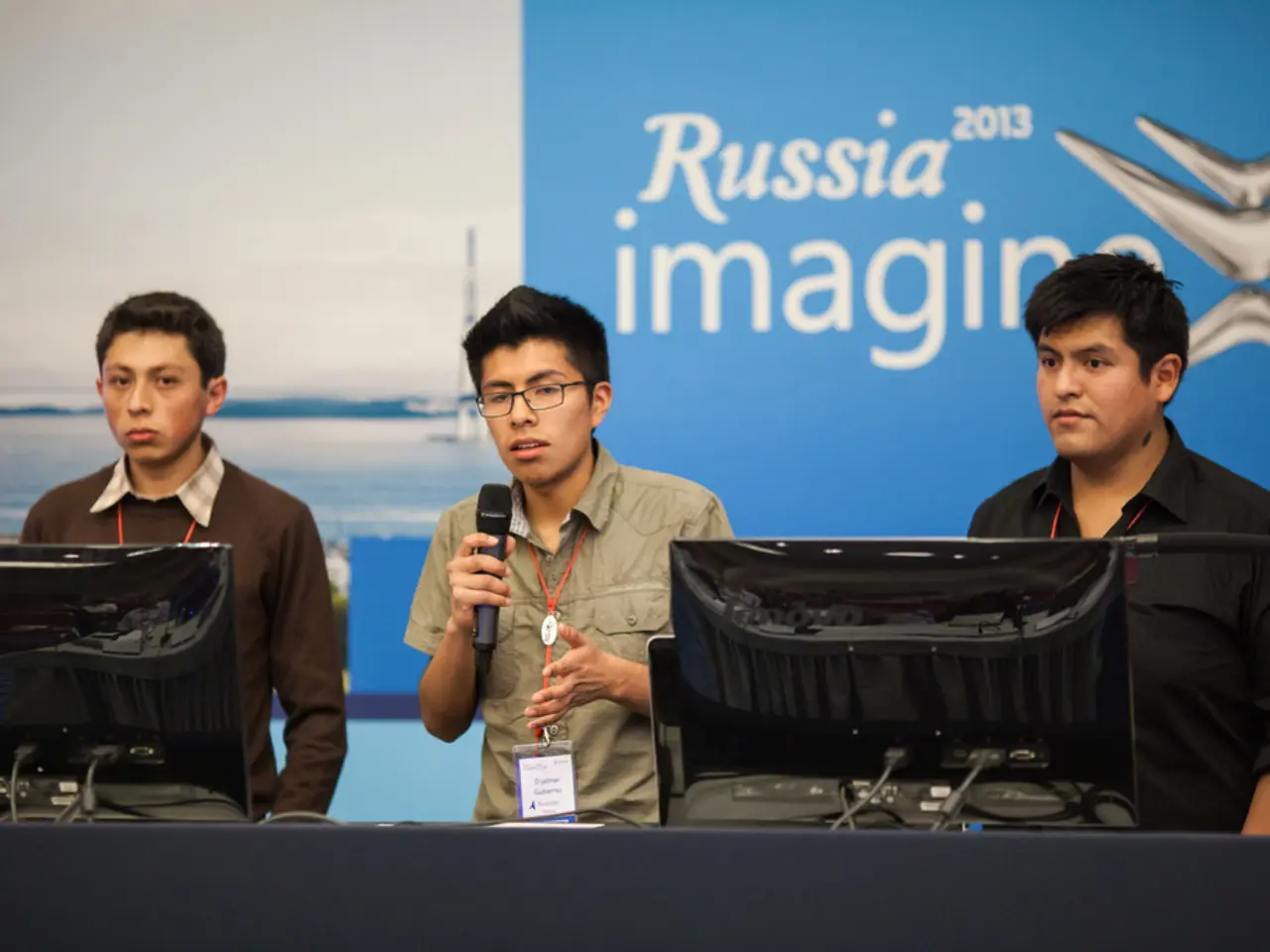Kremlin Allies Dismiss Trump's Threat as Not Poseman for Concern
In a move that has caused both intrigue and concern, US President Donald Trump has ordered the deployment of two nuclear submarines near Russia. This strategic decision has sparked a variety of reactions from Russian politicians and experts, with some viewing it as a routine part of US nuclear deterrence strategy, while others perceive it as a potential threat.
The Kremlin-critical Russian YouTube channel The Breakfast Show features Fyodorov's analysis, who suggests that Trump's actions could be an attempt to distract from internal political problems, including his role in the Jeffrey Epstein investigation. Fyodorov further posits that the deployment poses a threat, as the submarines operate within striking distance of key Russian targets, potentially enabling a first-strike or retaliatory nuclear attack. Even Vladimir Putin in his Novo-Ogaryovo residence might not have enough time to react before his residence is potentially destroyed, according to Fyodorov.
However, not all Russian voices share this view. Duma deputy Viktor Vodolazki mentioned that Russia is aware of the stationing of such US weapons. He suggests that there is no need to respond to Trump's statements because the US president constantly changes his mind. Vodolazki also proposes that an agreement between Moscow and Washington is needed to end all talk of a third world war.
Former general and Duma deputy Leonid Ivlev stated that this deployment is not a threat to Russia's security. He supports this view by pointing out that the submarines are a standard part of US nuclear deterrence strategy aimed at maintaining second-strike capability, ensuring mutual deterrence rather than signaling imminent aggression or first use.
Political scientist Sergei Markov considers Trump's actions to be "stupid and irresponsible." Markov sees this move as a validation of Dmitri Medvedev's warning about the risk of atomic war. Yet, the Kremlin and former President Dmitri Medvedev, vice-chairman of the national security council, have remained silent regarding this matter.
Russia keeps an eye on the US fleet, as stated by Vodolazki. Interestingly, Russia is said to have more and better-equipped nuclear submarines than the US, according to Vodolazki. This suggests that any potential threat from the US submarines might be mitigated by Russia's superior submarine fleet.
Observers outside Russia or some Western analysts interpret the submarines’ repositioning closer to Russian waters as a bold move increasing strategic risk, which could be perceived as a threat justifying increased Russian military readiness or countermeasures. However, Moscow’s insiders emphasize the submarines’ deterrence function and standard operational profiles, creating a divide in perspectives.
Despite the differing opinions, the deployment of US nuclear submarines near Russia has undeniably raised tensions and concerns about escalation. It remains to be seen how this situation will unfold in the coming days.
[1] Sources: The Breakfast Show, Duma deputy Viktor Vodolazki, political scientist Sergei Markov, and military expert Yuri Fyodorov. [2] The Diplomat, "US Nuclear Submarines in the Mediterranean: A Provocation or Just a Routine Patrol?" (2018) [3] The National Interest, "Why Trump's Nuclear Submarine Showdown With Russia Matters" (2019)
- The deployment of US nuclear submarines near Russia has raised discussions in various spheres, including policy-and-legislation, politics, and general-news, as experts and analysts evaluate the strategic implications and potential consequences of this move.
- The differing perspectives on the US nuclear submarine deployment, from viewing it as a potential threat to regarding it as a routine part of US nuclear deterrence strategy, highlight the complexity and intricacy of war-and-conflicts and international relations.








